Improve your data relevance
DQLabs is a Modern Data Quality-centric Observability platform for enterprises to deliver data relevance.
The DQLabs platform is an out-of-the-box platform solution that provides instant data quality alerts, but also measures, and metrics for all personas to collaborate and see Data Quality issues in their own ways to improve business outcomes.
Data minds and Business minds see data in different ways even when working on the same data for the same business outcomes. You need a platform that promotes Decentralized Data ownership culture to improve data relevance and data collaboration.
Decentralized Data Ownership
by providing a data quality collaborative workspace to improve data to business relevance across all personas.
Data Minds
Builds maintains Data infrastructure, data products, use analysis and algorithms to deliver a single source of truth downstream to all end-user tools for democratized data.
Business Minds
Collects, processes, and uses data to make business analysis on large dataset better, faster decisions and result in direct business outcome or value as strategies evolve and refine.
Features
DQLabs platform features span across both Data minds ( personas such as Data Engineers, Data Scientists, and Data Analyst) and Business minds (Data Stewards, SMEs, and Data Leaders) who view the same data but relate to and measure data quality in different ways or relevant to their roles and responsibilities. This enables a DQ-focused collaborative platform that results in a direct business outcome irrespective of the size of the organization or data maturity cycle.
With these features, you can now measure business strategies and their relevant data from top to bottom across domains and functional owners promoting a decentralized data ownership culture and improving data relevance. The platform can scale depending on your data maturity cycle irrespective of whether you are just starting out in the process of Data Quality or already working with an ecosystem full of data governance, catalog, and management platforms.

